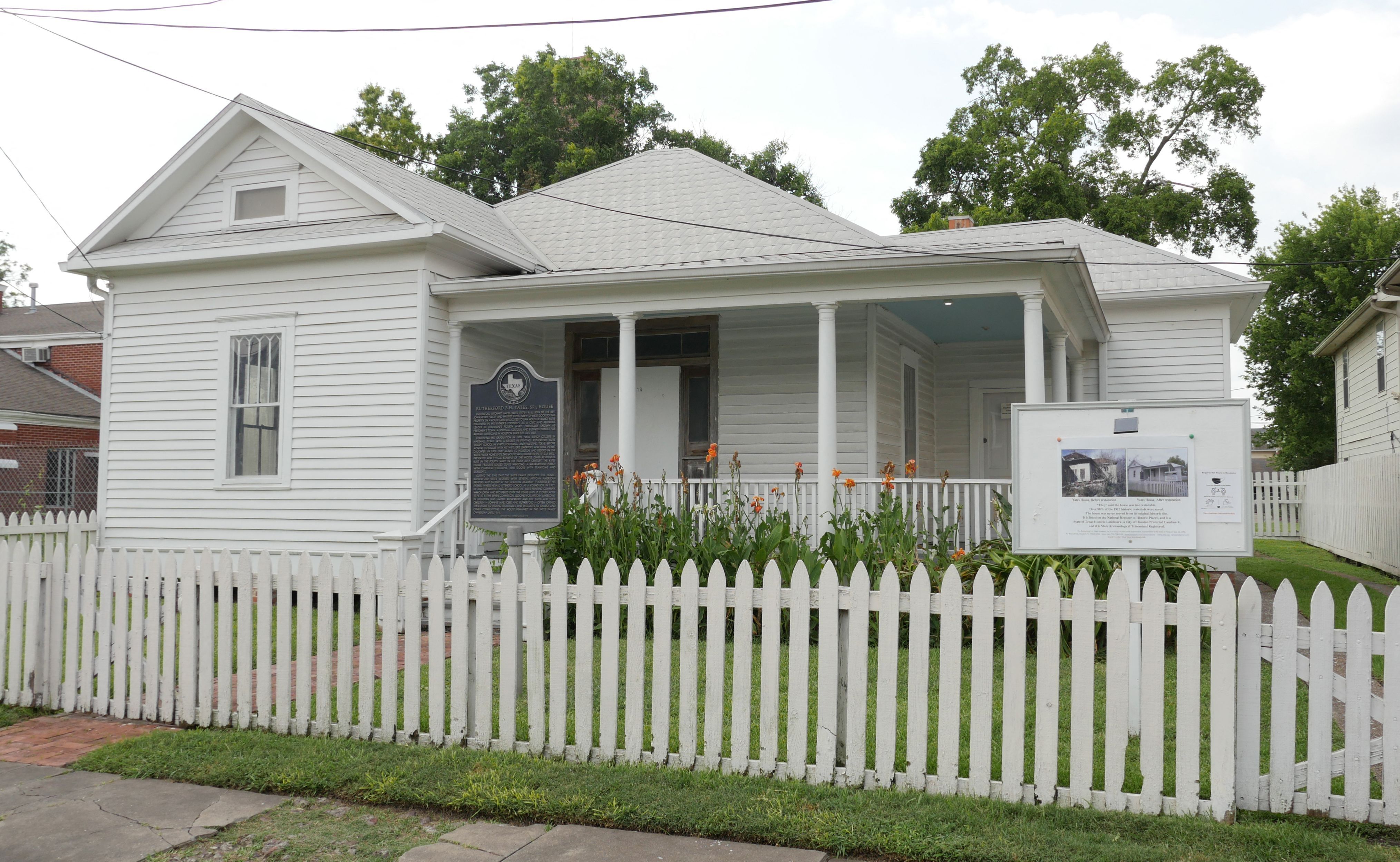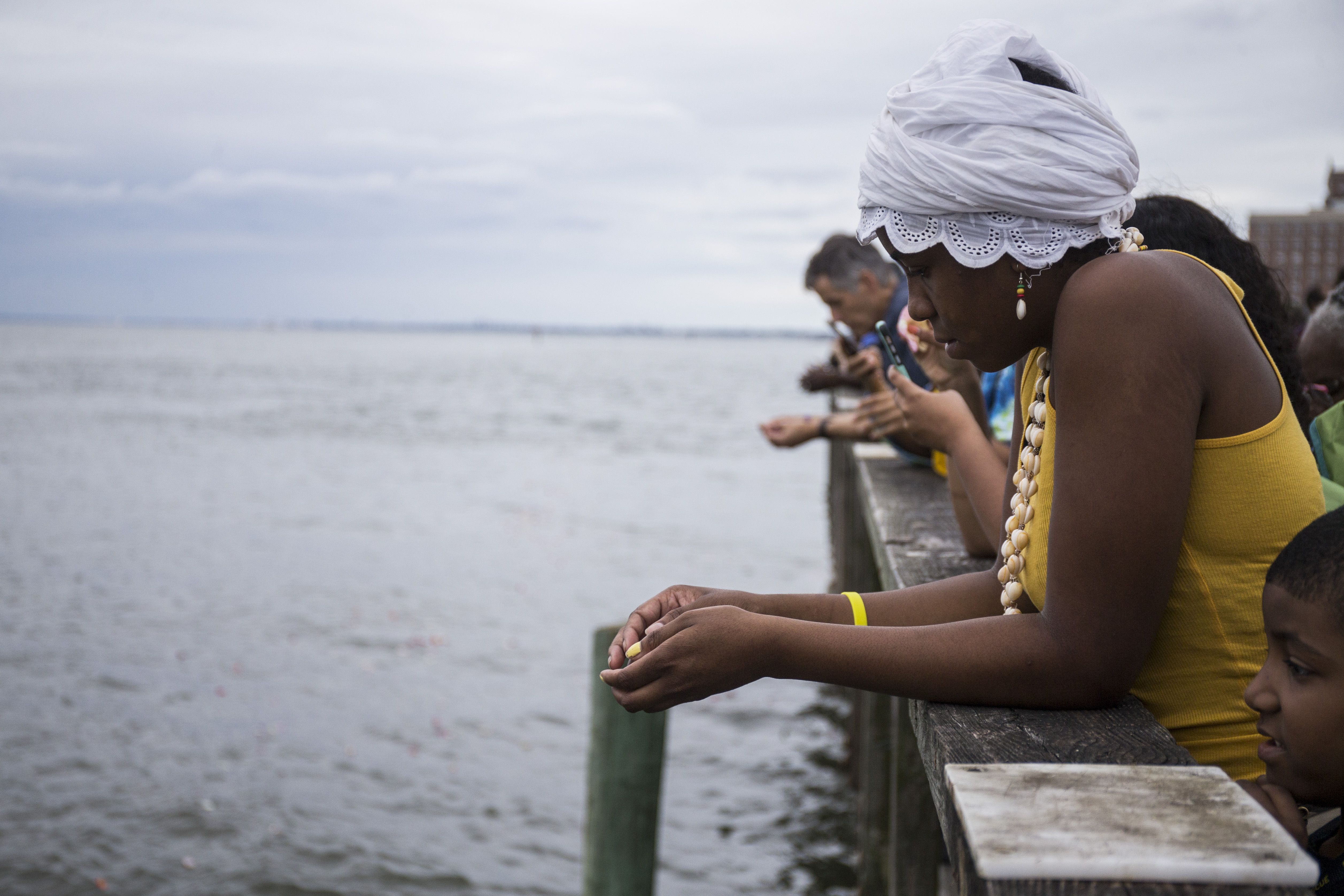Historic sites linked to enslavement and emancipation are getting new attention — and funding for preservation — after years of neglect.
The big picture: The popularity of Juneteenth and the racial reckoning after George Floyd's murder in 2020 led several cities and states to rethink how they commemorate difficult chapters of American history, including slavery.
State of play: Hundreds of historic sites from Massachusetts to Texas offer windows into enslaved people's lives yet vary in status, sit abandoned or rarely appear in visitors' guides.
- Some places, such as Oatlands Plantation in Leesburg, Virginia, have become popular venues for weddings, even though they once were sites of harsh treatment and violence against enslaved people.
- Others, such as commemorations for the Underground Railroad route that people used to travel from Texas and Louisiana to Mexico to escape enslavement, are being developed by the U.S. National Park Service.
The push to recognize places that were part of unflattering episodes in U.S. history has years of resistance, preservation activists say — especially from local historic commissions.
Zoom in: Popular tourist attractions such as Thomas Jefferson's Monticello and James Madison's Montpelier have placed physical reminders about slavery in recent years, thanks in part to pressure from descendants of those who were enslaved.
- They offer special tours, host lectures, and have erected exhibits honoring enslaved people who lived on the sites.

Pressure and new funding from public and private entities are beefing up demand to include the voices of enslaved people at sites.
- Since 2017, for example, the National Trust for Historic Preservation's African American Cultural Heritage Action Fund has received 5,638 funding proposals requesting $655 million, executive director Brent Leggs tells Axios.
- The program has supported 242 historic African American places and invested more than $20 million to help preserve important sites.
Between the lines: The Action Fund announced last week it had awarded $3.8 million to protect 40 Black American historic sites.
- Among those receiving money was "The Slave Dwelling Project" in Ladson, South Carolina. It seeks to document and preserve the dwellings of enslaved people and engages communities through programs.
- "(Un)Known Project Augmented Reality App" in Louisville, Kentucky, is another. It will allow visitors to see images of enslaved people via an app near the Louisville Riverwalk as they looked toward freedom across the river in Indiana.

What they're saying: "We believe that not until Black history matters will Black Lives Matter," Leggs said.
- "The sites help tell stories about the Black experience across centuries and geographies that will bring reverence and appreciation for the sacrifice and the contributions that Black Americans have made to our nation."
- Rashad Robinson, president of the advocacy group Color Of Change, told Axios that such historic sites are cheapened if they're used for weddings and other celebratory events unrelated to enslavement.
- "How do we mark the places that speak to enslavement or the harm against Black folks?" he said.
What's next: The African American Cultural Heritage Action Fund is developing a mapping project to identify and locate all Black American cultural sites, including those linked to enslavement.
- It will be created on an app to help visitors locate sites, many of them relatively obscure.







